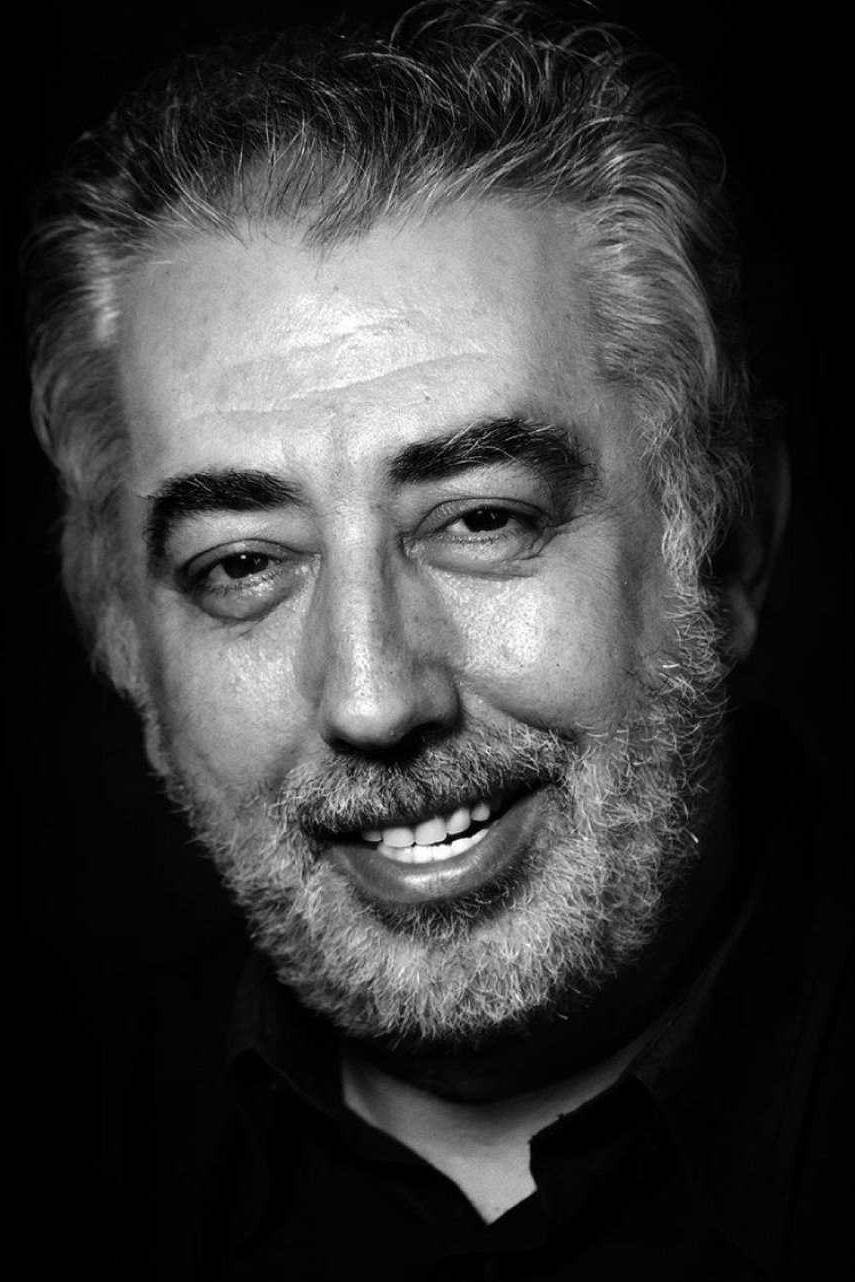
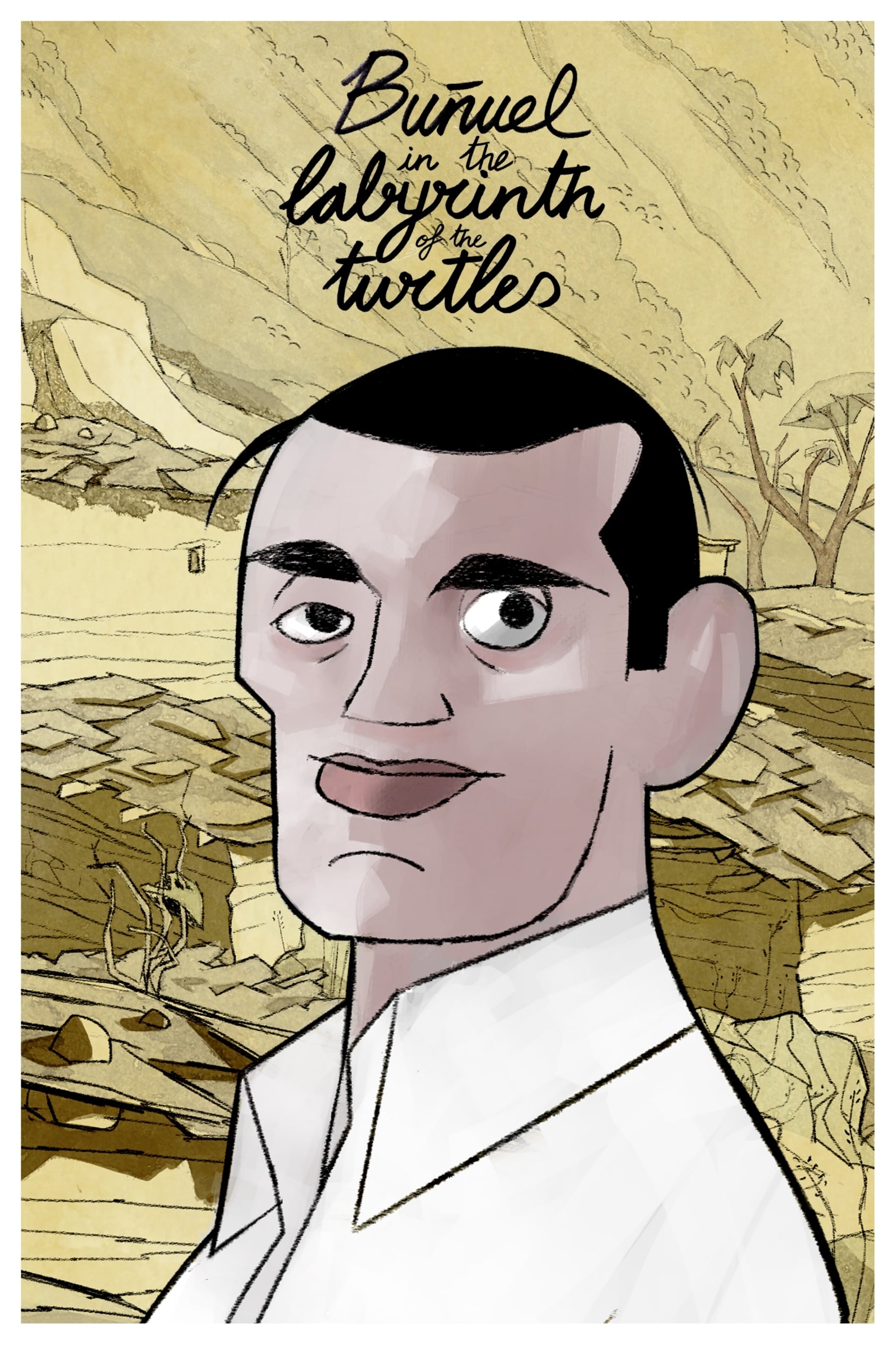
Paris, 1930. Luis Buñuel is penniless after the scandal surrounding the release of his last movie. Sculptor Ramón Acín, a good friend, buys a lottery ticket and promises Buñuel that he will pay for his next movie if he wins the prize.
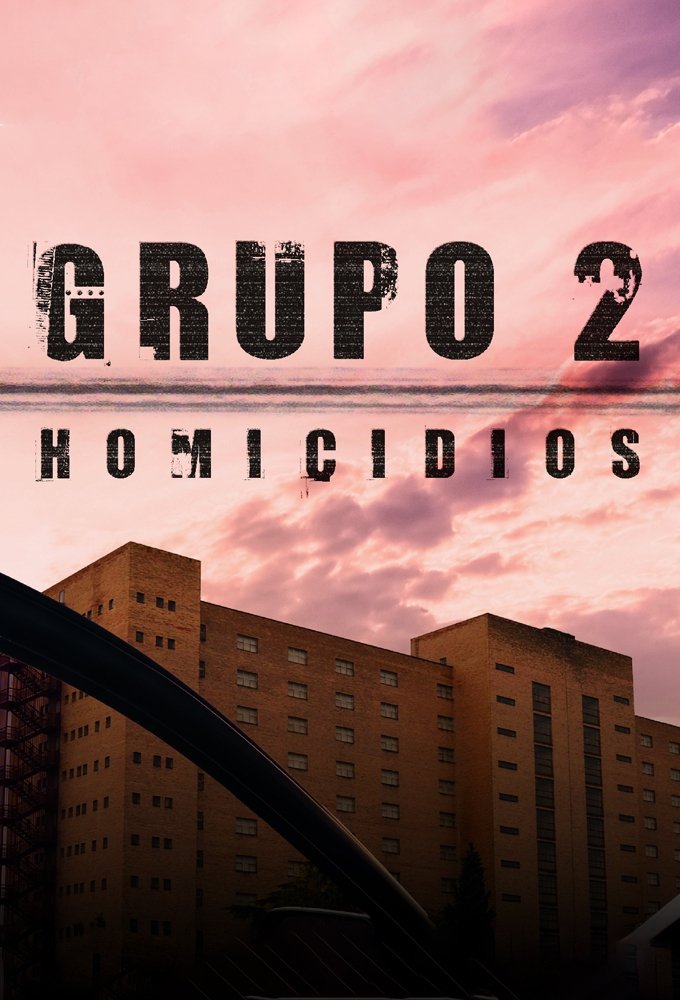

The inspiring story of the beginnings of the Sister Servants of Mary, a religious order that was founded in Madrid, Spain in 1851 by Fr. Miguel Martinez and Sister Maria Soledad who guided it in its development and expansion until her death in 1887.
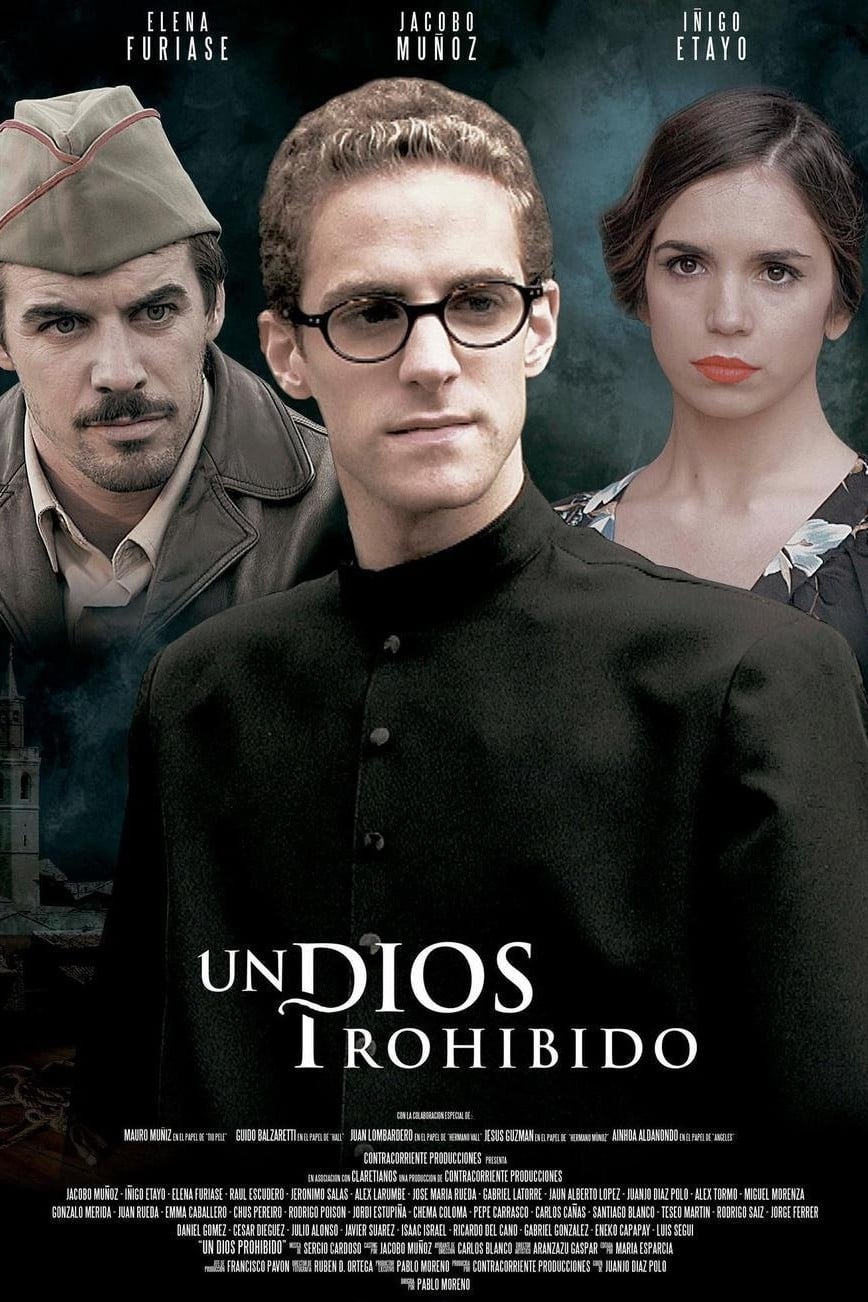
August 1936, the beginning of the Spanish Civil War. 51 members of the Claretian community of Barbastro (Huesca) are martyred, die for their faith. The film recounts the last weeks of his life, since they are held until they are finally shot. During that time, they perform various writings they talk about their situation, of his fellow captives, people who saw them. These writings have been the basic testimony used to narrate this real fact in film version.
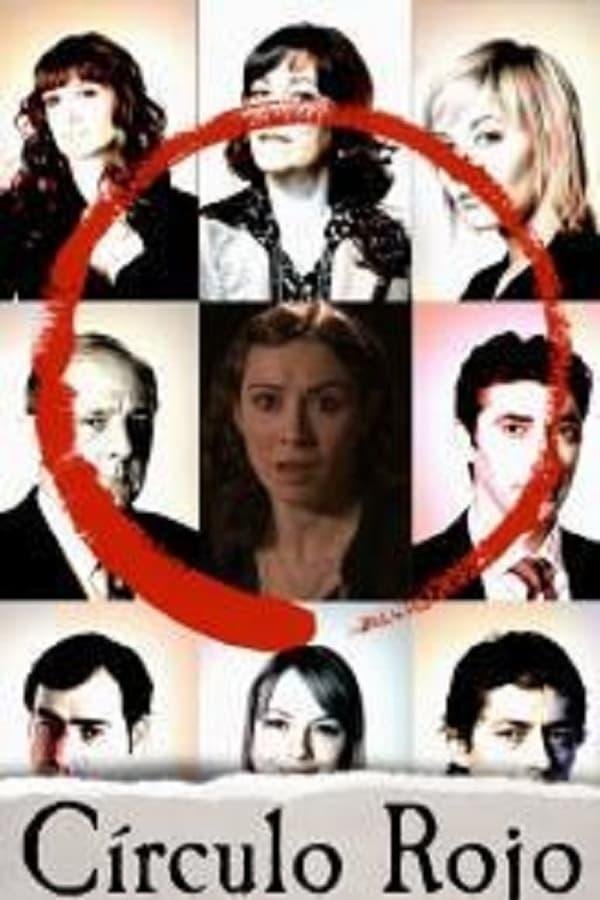

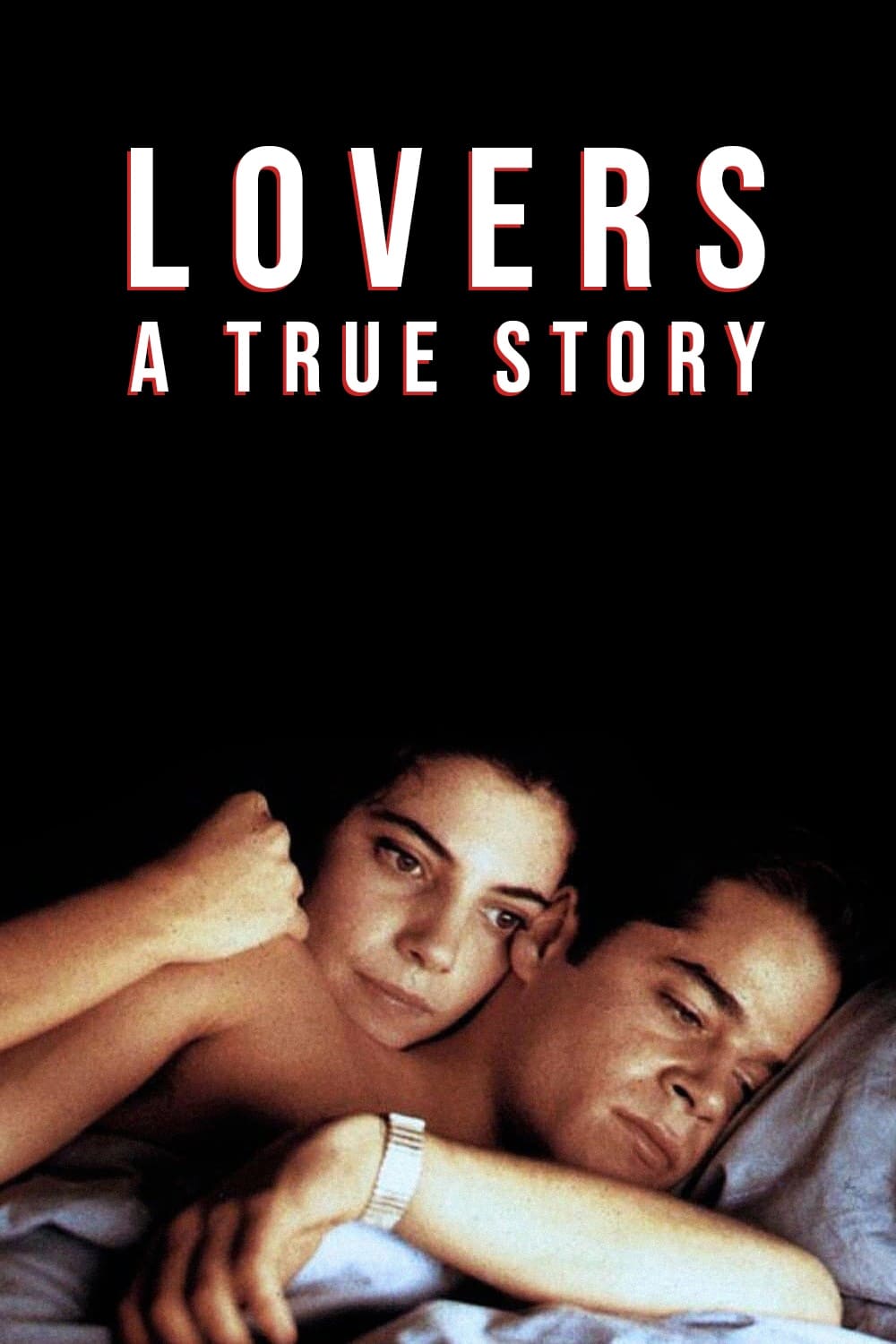
Set in '50s Spain, a young man leaves the army and looks for a job so he and his fiancée can get married. He rents a room from a widow, and shortly begins a torrid affair with her. The fiancée figures it out and decides to win him back by offering herself to him and taking him to meet her family. Ultimately he has to make a decision. Based on a true story.
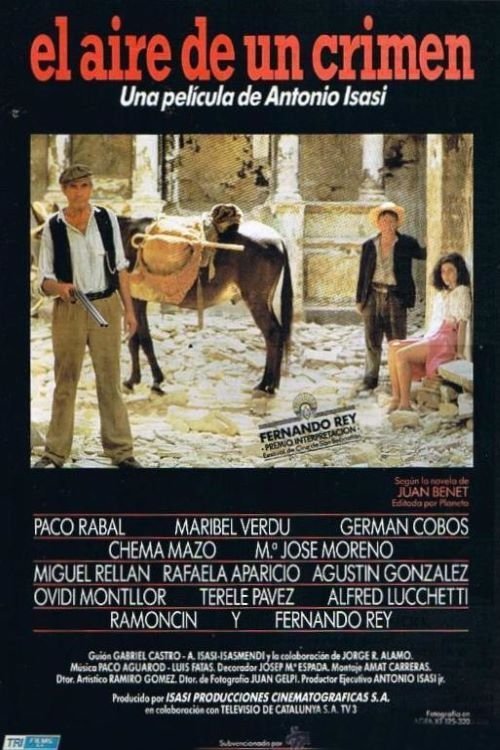
Spain, 1950s. The corpse of an unknown person appears in the town square of Bocentellas, within the mythical territory of Región. The inhabitants will ask for help to Captain Medina, young officer in command of a nearby military fort, until the arrival of the judge.

Pepa resolves to kill herself with a batch of sleeping-pill-laced gazpacho after her lover leaves her. Fortunately, she is interrupted by a deliciously chaotic series of events.
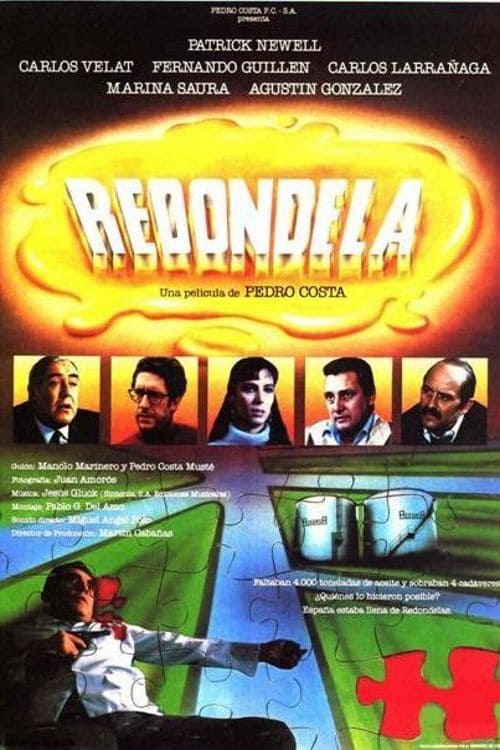
4,000 tons of oil have been stolen from a Galician deposit. The alleged thieves are defended by the lawyer Ramos, but the witnesses die and suspicions point to Franco's brother.
By browsing this website, you accept our cookies policy.